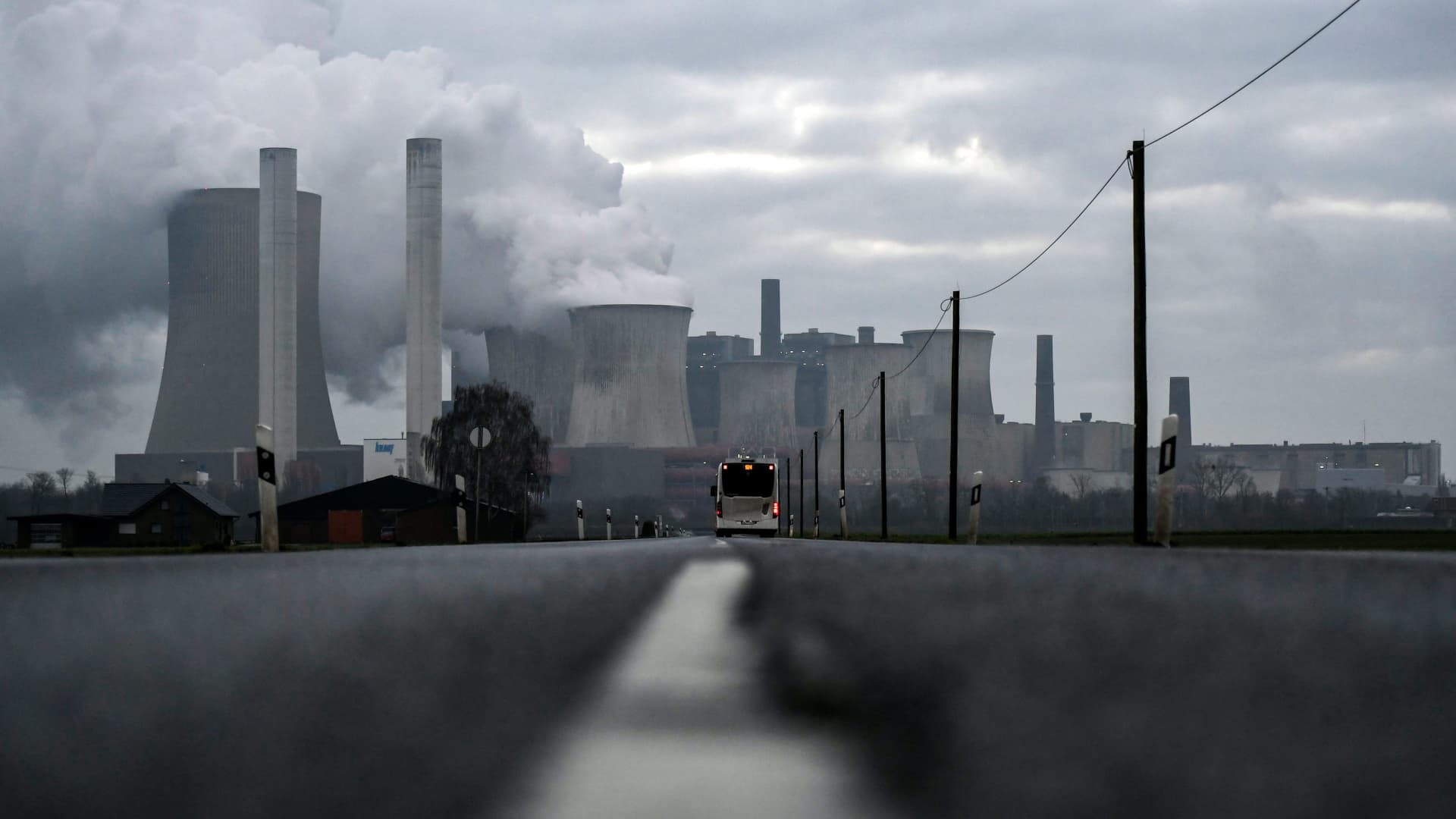Energy
Saturday, July 16th, 2022 1:10 pm EDT
Porsche has been meeting the growing popularity of electric vehicles with various offerings, including the Taycan sports sedan, upcoming Macan EV, and the oft-promised electric Cayman. But the larger expansion will be the brand’s development of a dedicated charging ecosystem to take on Tesla and its Supercharger network.
It’s a two-pronged assault. First, there’s the plan for what Porsche calls Destination Charging Stations. These are charging stations that placed at points of interest to the P-car faithful. Places like international airports, swanky hotels, and culturally relevant museums that would allow Porsche EV drivers to top up their batteries while they do their high-society/high dwell time stuff. Porsche already has 2,700 such locations across Europe.
Porsche Destination Charging Station
Image courtesy Porsche.
” data-medium-file=”https://cleantechnica.com/files/2022/07/porsche-turbocharger_4-400×267.jpeg” data-large-file=”https://cleantechnica.com/files/2022/07/porsche-turbocharger_4-800×533.jpeg” loading=”lazy” class=”size-large wp-image-271785″ src=”https://cleantechnica.com/files/2022/07/porsche-turbocharger_4-800×533.jpeg” alt width=”800″ height=”533″ srcset=”https://cleantechnica.com/files/2022/07/porsche-turbocharger_4-800×533.jpeg 800w, https://cleantechnica.com/files/2022/07/porsche-turbocharger_4-400×267.jpeg 400w, https://cleantechnica.com/files/2022/07/porsche-turbocharger_4-768×512.jpeg 768w, https://cleantechnica.com/files/2022/07/porsche-turbocharger_4.jpeg 840w” sizes=”(max-width: 800px) 100vw, 800px”>
Image courtesy Porsche.
Second, the company plans to develop a more bespoke, high-powered charging network that will target their more upscale customers. These “premium stations” will follow in the footsteps of Audi’s dedicated charging hubs, and provide amenities like working environments and refreshments, “bringing an air of refinement to the otherwise simple process of charging up your car.”
Beyond that, dealers in Romania have begun to install more of the “Turbo Charger” DC fast chargers first shown last year. These will allow customers to recharge their vehicles much more quickly than most European charging networks by using the cars’ 800-volt charging capabilities. “The rapid Porsche Turbo Charger charging point was developed by Porsche Engineering and sets new standards in terms of charging time,” reads the official release. “Depending on the vehicle model, up to 100 kilometres can be charged in just five minutes.
There are also solar panels that double as shelter for parked EVs. So far there are just six, but more should be coming throughout the year as dealers begin to build out their networks. Adrian Pascu, managing director at Importator Porsche, said “We [the dealers] expect 50% of cars delivered worldwide by 2025 to be partially or completely electric — more than 80% by the end of the decade. Having an adequate loading infrastructure is an essential component of our strategy.”
Appreciate CleanTechnica’s originality and cleantech news coverage? Consider becoming a CleanTechnica Member, Supporter, Technician, or Ambassador — or a patron on Patreon.
[embedded content]
Advertisement
 This post has been syndicated from a third-party source. View the original article here.
This post has been syndicated from a third-party source. View the original article here.




